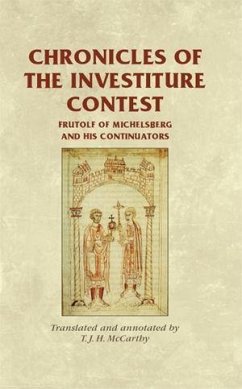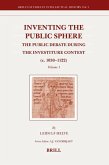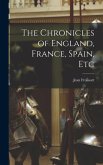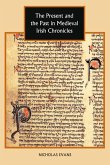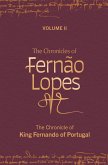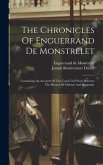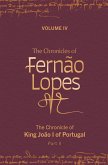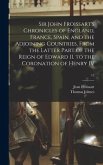At the very end of the eleventh century, the German monk Frutolf of Michelsberg completed a chronicle that would become one of the most significant historical works of the middle ages. Frutolf's Chronicle offered not only a learned history of the world beginning with the Creation, but an important eyewitness account of the conflict between the German emperors and the papacy known today as the Investiture Contest. Such was his chronicle's significance that it was continued, adapted and copied many times during the twelfth century and beyond. This book offers the first English translation of large portions of Frutolf's Chronicle and its most important adaptations: an anonymous continuation written in 1106, an imperial chronicle dedicated to Emperor Henry V of Germany in 1114, a version by Abbot Ekkehard of Aura and an anonymous continuation that extends to 1125. The translated texts span the century-and-a-quarter from 1000 to 1125, offering penetrating commentary on the reigns of the four Salian kings of Germany, the development of papal reform, the conflict between empire and papacy, and the early crusading movement. Significantly, these texts present startlingly different perspectives on the history of the period - from Frutolf's pro-imperial account, which emphasizes the divisive influence of Pope Gregory VII on the unity of church and empire, to Ekkehard of Aura's uncompromisingly pro-Gregorian interpretation that casts Emperor Henry IV of Germany in the role of consummate villain. Frutolf of Michelsberg and his continuators offer to specialists, non-specialists and undergraduates alike a rich and fascinating example of how medieval authors wrote and re-wrote history. Alongside other contemporary texts translated in this series, the book provides a window on the conflict that fundamentally altered the relationship of church and state in Western society.

